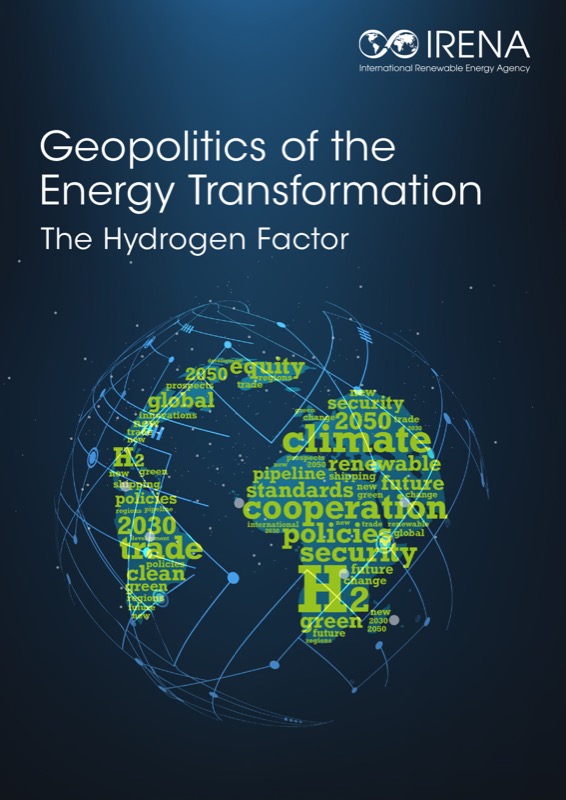This report considers whether and how hydrogen may disrupt future energy systems.
The analysis offers insights into how countries and stakeholders can navigate the uncertainties and shape the development of hydrogen markets, and outlines policy considerations to help mitigate the geopolitical risks and capitalise on opportunities. Some of the key findings of the report include:
Hydrogen is part of a much bigger energy transition picture, and its development and deployment strategies should not be considered in isolation.
Setting the right priorities for hydrogen use will be essential for its rapid scale-up and long-term contribution to decarbonisation efforts.
- The 2020s could become the era of a big race for technology leadership, as costs are likely to fall sharply with learning and scaling-up of needed infrastructure. Equipment manufacturing offers an opportunity to capture value in the coming years and decades.
- Hydrogen trade and investment flows will spawn new patterns of interdependence and bring shifts in bilateral relations.
- Countries with an abundance of low-cost renewable power could become producers of green hydrogen, with commensurate geoeconomic and geopolitical consequences.
- Hydrogen could be an attractive avenue for fossil fuel exporters to help diversify their economies and develop new export industries.
- Supporting the advancement of renewable energy and green hydrogen in developing countries is critical for decarbonising the energy system and can contribute to global equity and stability.
- International co-operation will be necessary to devise a transparent hydrogen market with coherent standards and norms that contribute to climate change efforts meaningfully.



 DOWNLOAD REPORT
DOWNLOAD REPORT